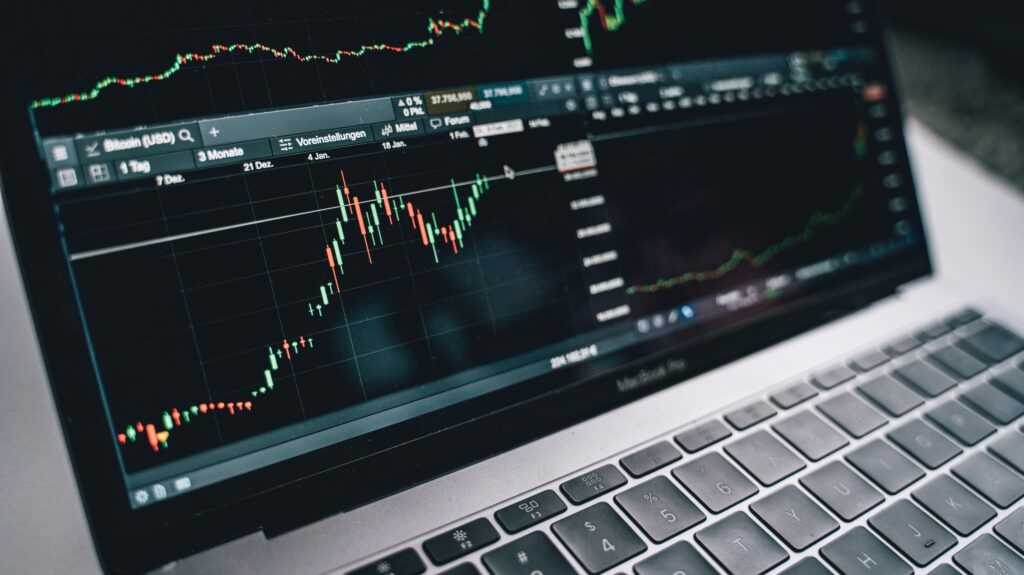A Depth of Financial Knowledge: The Best Hedge Against Market Uncertainty
This post was last updated on February 21st, 2024

“A little knowledge is a dangerous thing,” cautions a well-known aphorism.
The idea that a small measure of learning can lead to great misfortune can be traced as far back as the writings of ancient Rome.
The truth of that insight has played out across the centuries, and today’s financial markets are no exception. Many investors know just enough about business, economics and investment vehicles to fail spectacularly in the markets. And although having a breadth of experience is no guarantee of success, seasoned investors do have a tremendous advantage.
This is especially true during uncertain times, when the ability to “hedge” bets is key to financial survival. Many observers contend that the major industrial economies have already entered such a stage, where economic data, trends and trajectories provide no clear picture of the road ahead.
In recent quarters, the statistics have been inconsistent and often contradictory. Since last year, top economists have been predicting a recession in North America. It became such a widely-acknowledged conventional wisdom that the only question seemed to be whether the anticipated recession would be mild or severe. Central banks were focused on achieving a “soft landing” that would minimize the pain. J.P. Morgan Chase CEO Jamie Dimon famously predicted an economic “hurricane” was gathering force.
Despite the near-universal forecasts of recession, the U.S. economy grew at a 4.9 percent annual pace in the third quarter, and unemployment remained at a near-historical low. The U.S. economy has been adding hundreds of thousands of jobs each month.
But there are plenty of warning signs, as well. Rising interest rates have brought the housing market to a standstill, with sales at the lowest point in a quarter century. Economic expansion has largely been consumer-driven, but most consumers have burned through their pandemic savings and are putting new purchases on plastic. In the U.S., credit card debt is at its highest level ever, and delinquencies are rising.
Meanwhile, global events are adding new dimensions of uncertainty to supplies, demand, prices and markets. Not surprisingly, the idea of hedging one’s bets is gaining traction among aware investors, especially high net-worth investors who have the most to lose.
Increasingly, they are turning to the firms that specialize in this type of strategic investing — hedge funds. Investors with more than a little knowledge understand that the key to the success of any hedge fund is the wisdom and talent of its portfolio managers, especially when it comes to customized FX hedging strategies.
In Canada, the need for this type of investing experience and insight often leads high-net worth investors to engage advisors like Moez Kassam of Anson Funds. The firm’s co-founder has built a reputation for weighing a wide array of variables — many of which are not classic economic indicators, such as social trends, fads, sentiments and the so-called “herd mentality.”
Kassam and the Anson Funds team are often proudly contrarian, taking a clear-eyed view of companies and markets when many are still wearing rose-colored glasses.
Kassam stresses the importance of networking with thought leaders in fields ranging from academia to politics. For individual companies, he recommends a thorough analysis of corporate prospects, true measurements of business valuations and a study of the fundamentals of each business before investing.
Kassam’s accuracy in making such forecasts often provides the “hedge” that top investors are seeking — and this can be a lifeline for preserving wealth in uncharted waters.
Recommended For You
What Is the Difference Between Product Design and Product Development?
Most Inside
Most Inside offers high-quality recommendations and valuable updates to enhance all aspects of your life, providing premium guidance and enriching experiences.




